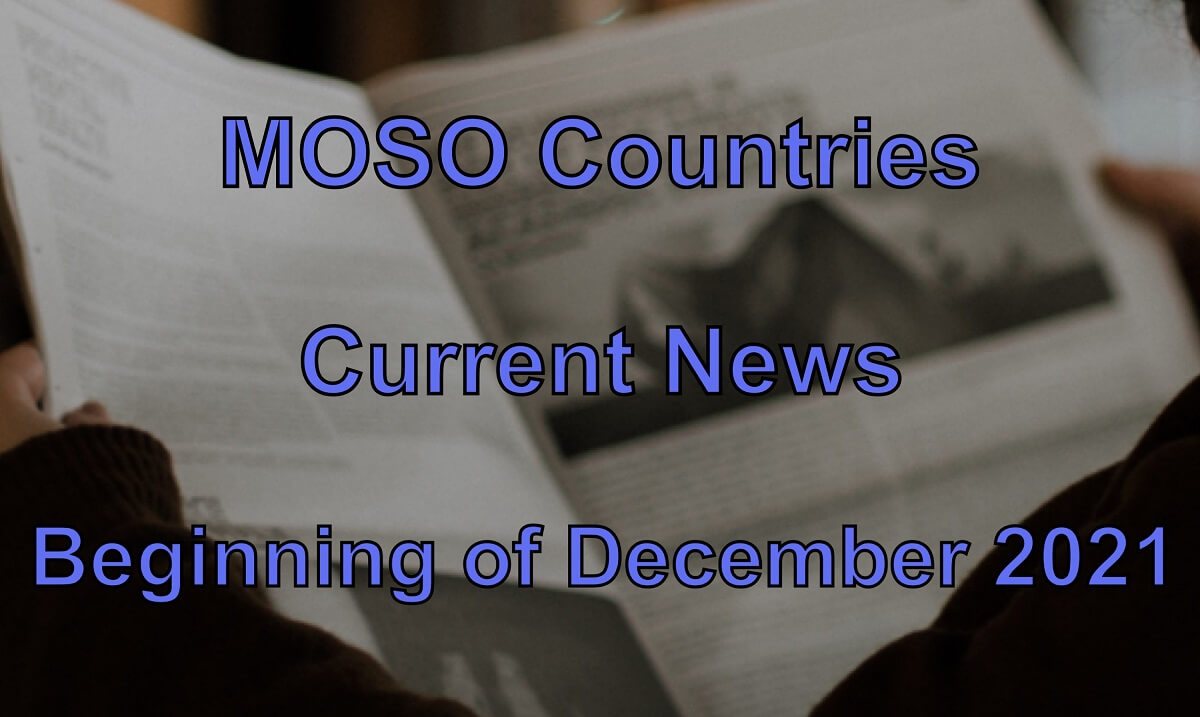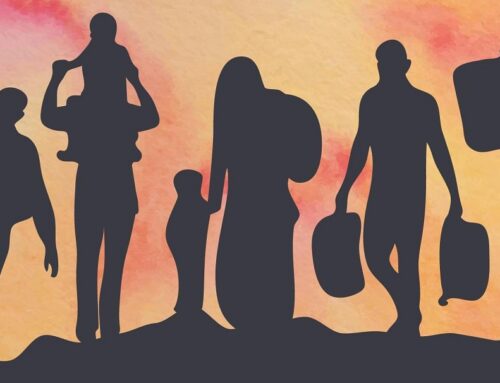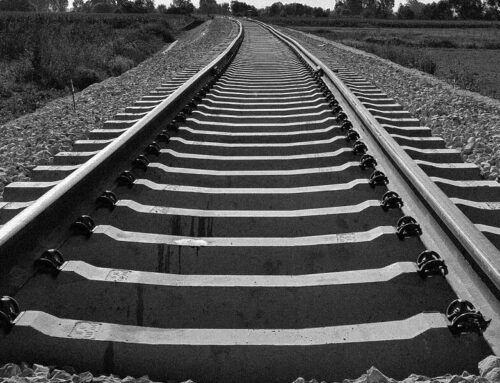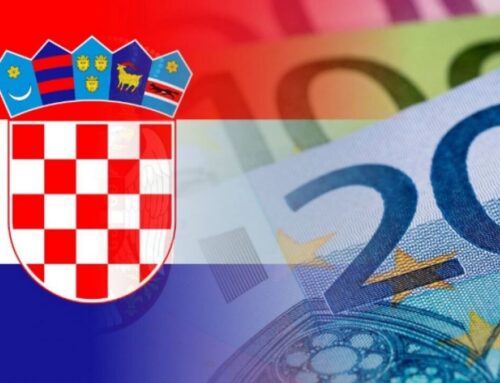The 30th anniversary of the Armed Forces of Ukraine
6 December. Today, on December 6, Ukraine celebrated the 30th anniversary of the establishment of the Armed Forces of Ukraine. The modern Ukrainian Army has gone a long way from destruction to restoring combat capability in the face of armed aggression caused by the Russian Federation. Since 2014 the Armed Forces have been totally reformed, increased in number and combat capability, and their structure and standards have been approached closer to NATO standards. Currently, according to Global Firepower, the Ukrainian Army is in the top-30 strongest armies in the world.
The 30th anniversary of the Armed Forces of Ukraine, with the participation of the President Volodymyr Zelensky, the leadership of the Ministry of Defense of Ukraine and the Armed Forces of Ukraine, was celebrated simultaneously in big Ukrainian cities: Kyiv, Kharkiv, Lviv, Odesa and Kramatorsk and in a small town Ozerne. A teleconference “Kharkiv-Kyiv-Kramatorsk-Lviv-Odessa-Ozerne” was held between these cities. The President took part in the celebrations in Kharkiv. He claimed that in Kharkiv and “in other regions of Ukraine the Armed Forces of Ukraine will be handed over about a hundred armaments”. Demonstrations of the latest models of weapons and military equipment, ceremonies of awarding battle flags and honorary titles to military units, and awarding servicemen with state awards took place in each of the cities.
Sources: https://www.ukrinform.ua/rubric-society/3363331-30-rokiv-zsu-na-varti-svobodi-ta-nezaleznosti.html; https://armyinform.com.ua/2021/12/03/yak-svyatkuvatymut-30-richchya-zbrojnyh-syl-ukrayiny/; https://www.ukrinform.ua/rubric-ato/3363859-zelenskij-bere-ucast-v-urocistostah-do-30i-ricnici-zbrojnih-sil-ukraini.html
Minister of Foreign Affairs of Latvia calls for specific measures in case of invasion of Ukraine by the Russian Federation
7 December. The statement of the Minister of Foreign Affairs of Latvia, Edgars Rinkēvičs was made in the light of a recent report from The Washington Post that Vladimir Putin is planning an offensive on Ukraine on several fronts next year with up to 175,000 troops.
Edgars Rinkēvičs, stated that the West should send a “strong signal” to the Russian Federation in order to deter it from invading Ukraine. According to Mr. Rinkēvičs, the RF must realize in advance the economic and political cost of its possible actions. If the RF does invade Ukraine, the West must prepare a very strong package of economic sanctions, including disconnecting Russia from the international payment system SWIFT and imposing sanctions on the Nord Stream-2 gas pipeline worth $11 billion. Moreover, Mr. Rinkēvičs stated that NATO must increase its presence in Eastern Europe, and some NATO allies could supply arms to Ukraine.
Sources: https://www.eurointegration.com.ua/news/2021/12/7/7131266/; https://zn.ua/ukr/WORLD/hlava-mzs-latviji-u-razi-vtorhnennja-v-ukrajinu-rf-potribno-vidkljuchiti-vid-swift-i-vdariti-po-pivnichnomu-potoku-2.html
The 4th meeting of the EU-Kosovo Stabilisation and Association Council was held in Brussels under the chairmanship of the Prime Minister of Kosovo
7 December. The meeting of the Stabilisation and Association Council was held in Brussels under the chairmanship of the Prime Minister of Kosovo, Albin Kurti. The EU was represented by the High Representative of the European Union for Foreign Affairs and Security Policy, Josep Borrell. Parties discussed the progress Kosovo made on its European direction. They talked about political and economic criteria Kosovo must fulfil to join the EU, financial cooperation, implementation of The Stabilisation and Association Agreement, importance of visa liberalization for Kosovo citizens and reform priorities in Kosovo. Moreover, members of the Stabilisation and Association Council stressed the importance of a normalisation agreement between Kosovo and Serbia to enable both states to “advance on their respective European paths” (Council of the European Union, Joint press statement following the 4th meeting of the Stabilisation and Association Council between the European Union and Kosovo).
In the joint statement, which followed the meeting of the Stabilisation and Association Council, Kosovo announced its intention to apply for membership in the European Union.
Croatia officially supported Ukraine’s accession to the European Union
8 December. Croatia became the sixth EU state with which Ukraine signed a declaration recognizing Ukraine’s European perspective. This was announced by the President of Ukraine, Volodymyr Zelensky during a joint press conference with the Prime Minister of the Republic of Croatia, Andrej Plenković. Mr. Zelensky stated: “I appreciate Zagreb’s support for Ukraine’s European and Euro-Atlantic aspirations”. He also thanked Croatia for supporting the territorial integrity and sovereignty of Ukraine, as well as for participating in the inaugural summit of the Crimean Platform.
Earlier, five EU states – Poland, Latvia, Lithuania, Estonia and Slovakia – signed declarations recognizing the European perspective of Ukraine.
Sources: https://www.unian.ua/politics/horvatiya-oficiyno-pidtrimala-vstup-ukrajini-v-yes-novini-ukrajina-11635981.html; https://www.pravda.com.ua/news/2021/12/8/7316710/
Ukraine proposed the OSCE 10 steps to resolve the situation in Donbas
9 December. The Permanent Representative of Ukraine to the International Organizations in Vienna, Yevhen Tsymbalyuk, told the OSCE Permanent Council that Ukraine proposed 10 concrete steps to break the deadlock in the negotiations on resolving the armed conflict in Donbas. They included introducing a so-called “Christmas ceasefire”; making possible the exchange of detainees; resumption of the existing checkpoints along the line of demarcation and establishment of the new checkpoints; ensuring safe access and distribution of the humanitarian aid via the international mechanisms to people in need. Furthermore, Mr. Tsymbalyuk claimed about the importance of the OSCE Special Monitoring Mission in Ukraine and increasing monitoring capacities of the OSCE Special Monitoring Mission. He also stated that the upcoming Christmas holidays would be the best time to improve the situation for civilians living in Donbas.
The Russian Federation blocked all initiatives of Ukraine at the Minsk peace talks
10 December. The Ukrainian delegation at the Trilateral Contact Group (TCG) claimed that all initiatives of the Ukrainian delegation at the Minsk peace talks were turned down by the Russian side.
Meetings of the working subgroups of TCG took place on December 7, 2021. During the meetings the Ukrainian side announced three main initiatives: resuming the ceasefire, carrying out an exchange of detainees and opening new checkpoints in towns Shchastya and Zolote (Luhansk Oblast, Donbas). Ukraine also suggested to involve representatives of France and Germany as independent parties in the work of the Joint Center of Control and Coordination. According to the Ukrainian delegation, these proposals “were rejected by the Russian Federation under far-fetched pretexts”. The OSCE Special Representative made a statement following the results of recent meetings in which it was claimed that “there was no common understanding between the participants”. Nevertheless, the Ukrainian side of the TCG noted that Ukraine is ready to continue working on a lasting truce in any format.
Source: https://vlada.segodnya.ua/ua/vlada/sobytiya/rossiya-otkazalas-ot-novogo-peremiriya-tkg-1590161.html; https://news.liga.net/politics/news/rossiya-zablokirovala-vse-initsiativy-ukrainy-na-minskih-peregovorah-delegatsiya-tkg
11 December. Deputy Foreign Ministers of Ukraine, Poland and Lithuania met to discuss security issues
11 December. A meeting of the national coordinators of the Lublin Triangle (platform for cooperation between Lithuania, Poland and Ukraine, aimed at deepening regional cooperation in the security, economic and socio-humanitarian spheres) at the level of the Deputy Foreign Ministers of Ukraine – Mykola Tochytskyi, Poland – Marcin Przydacz and Lithuania – Mantas Adomėnas is taking place in Lutsk, Ukraine. Mr Tochytskyi, Mr Przydacz and Mr Adomėnas must discuss the security situation related to the migration crisis on the border with Belarus. They must also talk about increasing military presence of the Russian Federation near Ukraine and in the temporarily occupied territories of Ukraine. The Ukrainian, Polish and Lithuanian Deputy Foreign Ministers already coordinated further cooperation within the framework of the Lublin Triangle. Ukraine, Poland and Lithuania are planning to sign the Joint Action Plan to Combat Disinformation of the Lublin Triangle Countries for 2022-2023.




